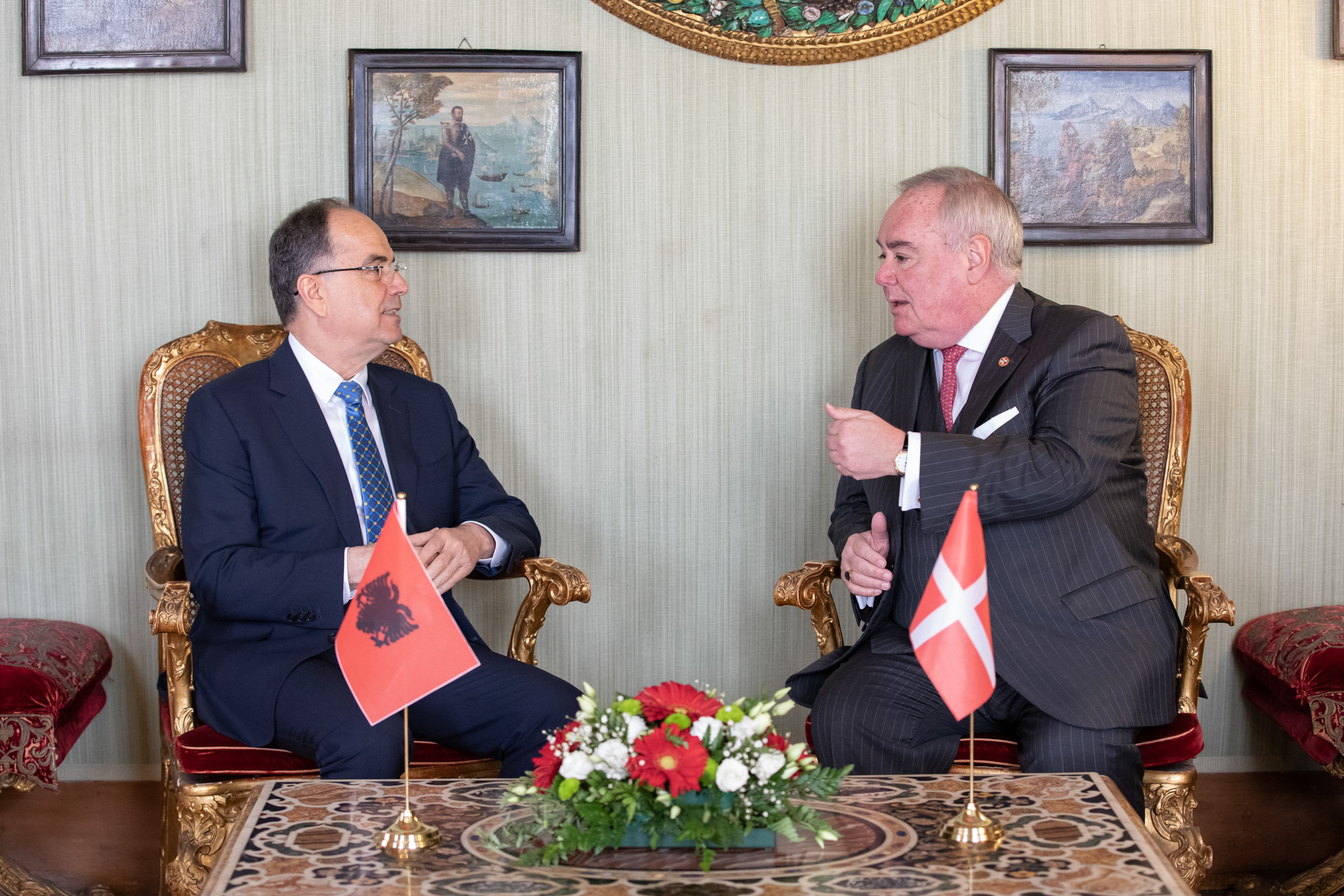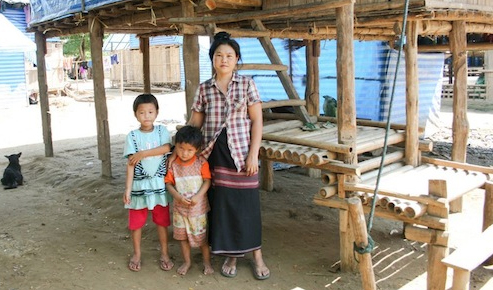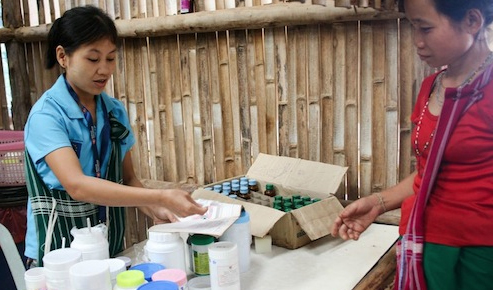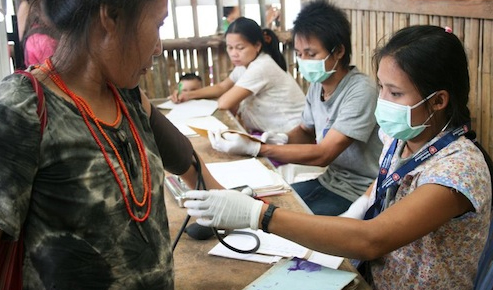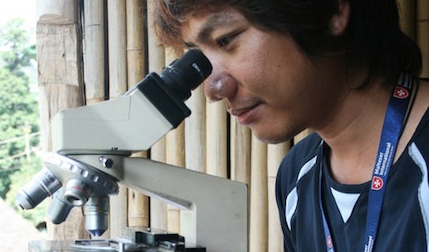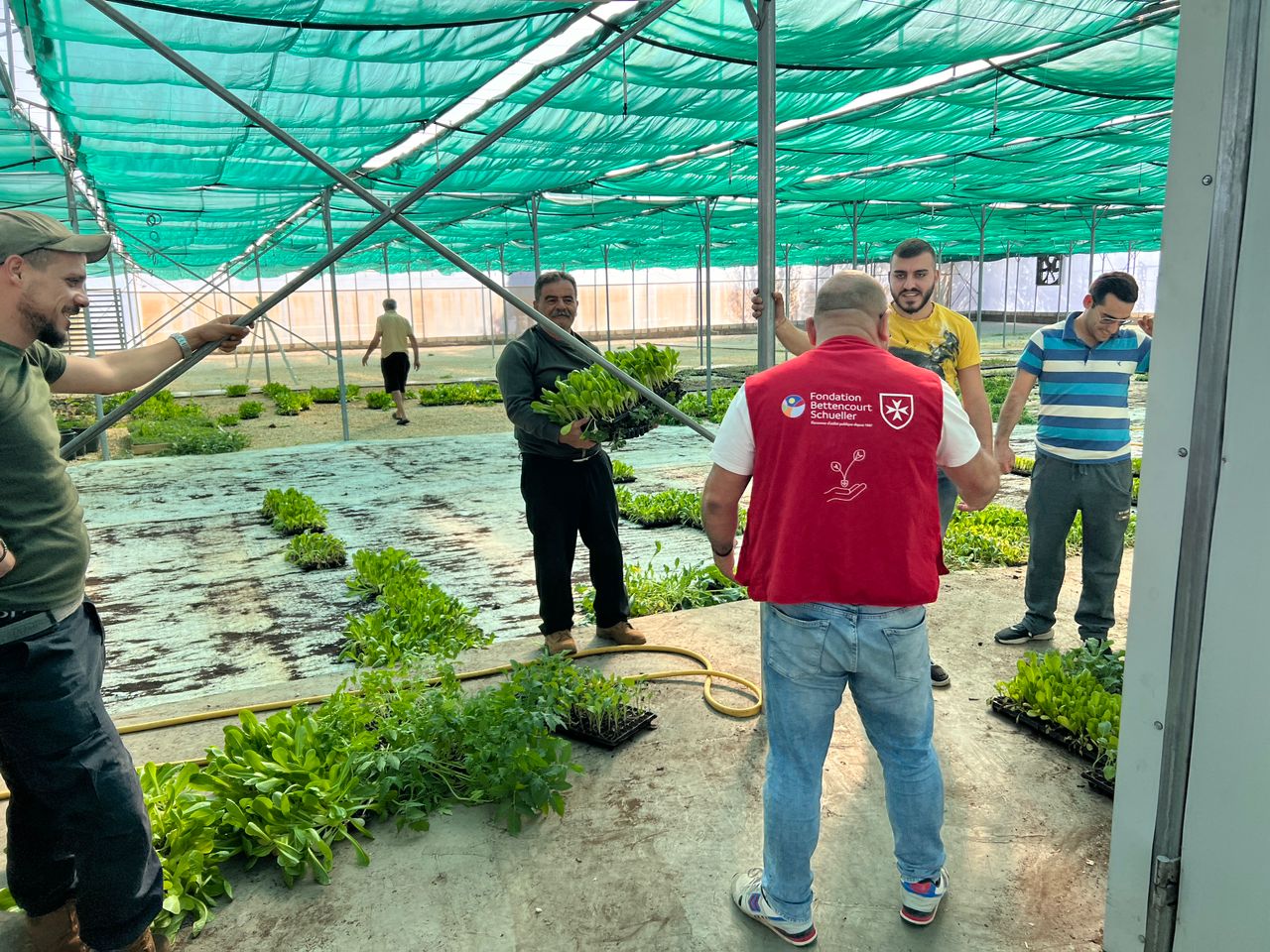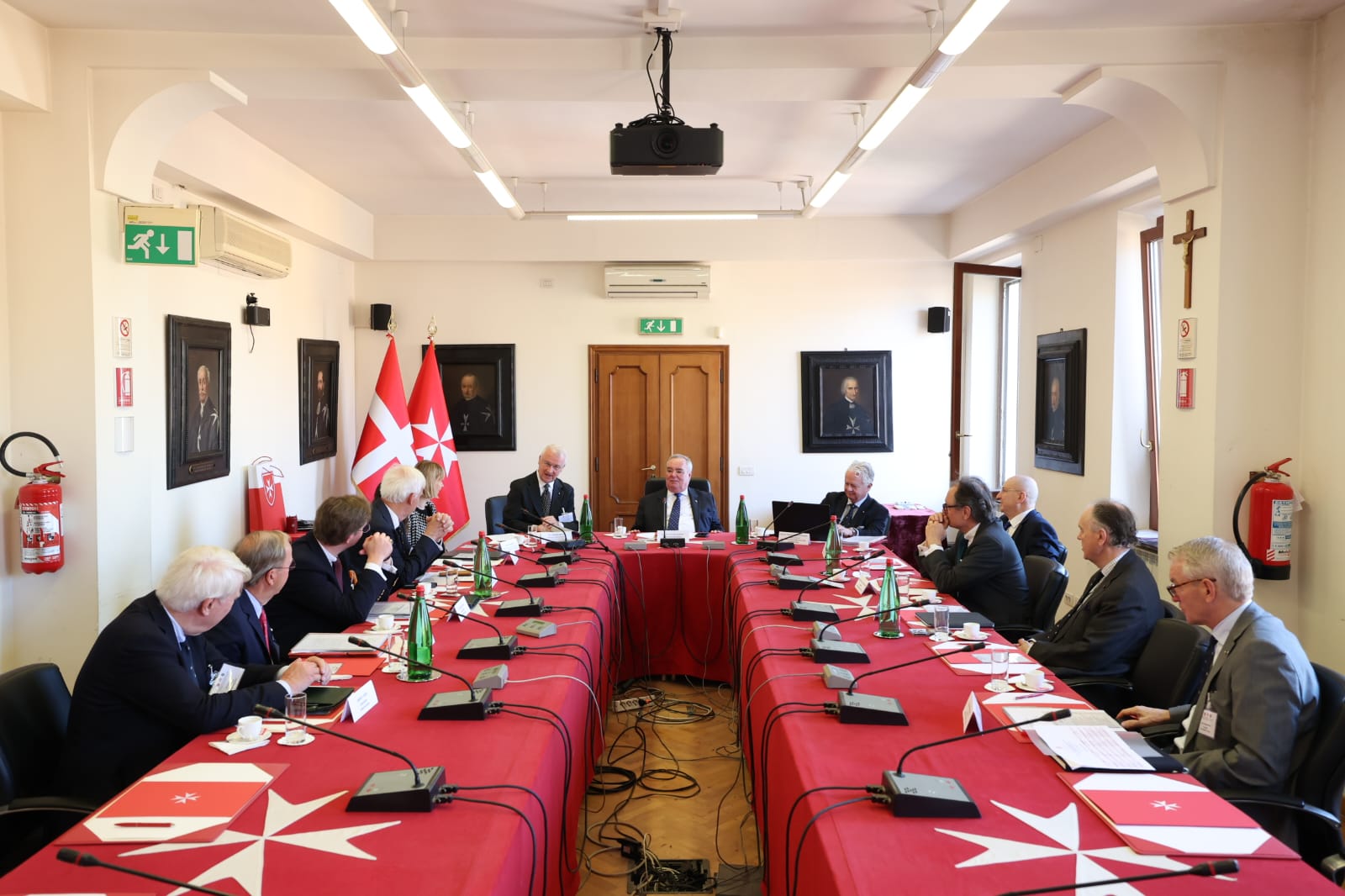For over 17 years the worldwide relief agency of the Order of Malta for humanitarian aid, Malteser International, has been responsible for health care in two refugee camps along the Thailand-Myanmar border with more than 35,000 inhabitants. The refugees are fully dependent on international support for shelter, food, education, water and health services while income opportunities are limited.
Malaria and tuberculosis are two major concerns. Smith Saenkum is Malteser International’s Lab Supervisor in the Mae La Oon and Mae Ra Ma Luang camps, in Thailand. Joice Biazoto interviewed him.
How does the laboratory technician training programme work?
Every year, we recruit students from the camps’ schools who have the highest grades and invite them to apply for the programme. Last year, we had about 70 applicants who completed the examinations and 10 were selected to become lab technicians. They are trained in a total of 18 different topics, from conducting basic lab tests such as urine and stool exams and pregnancy tests, to malaria, tuberculosis and HIV screenings.
What is the focus of your work in the lab?
The main test we conduct at our laboratory in the Mae La Oon/Mae Ra Ma Luang camps is the malaria test. We perform about 20 malaria tests every day during low season; in the high season, we test up to 100 samples a day for malaria. We also conduct malaria investigations, so we look back in history to investigate the peaks and analyse the data. In the camps, we usually have around 250 malaria patients every year.
Does your work contribute to malaria prevention as well?
Currently, about 10% of the people who are screened have malaria – that number is quite high. To improve this situation, we have been conducting malaria campaigns before the rainy season. Last June (2011), we were able to do 3,000 screenings. This is a good method to keep malaria controlled before the peak season. In addition to the screenings, we also work directly on prevention, and we educate the population. We tell them to use mosquito nets, tell them how to recognise the first symptoms of the disease, and to get checked regularly.
What has been one of your greatest challenges so far?
In terms of diseases, tuberculosis has been a challenge in the past. This year, we will ask more people to come to us to get screened, and we will work closely with the community health workers and the staff in the clinics to make sure that everyone who has symptoms of TB is sent to our lab.





